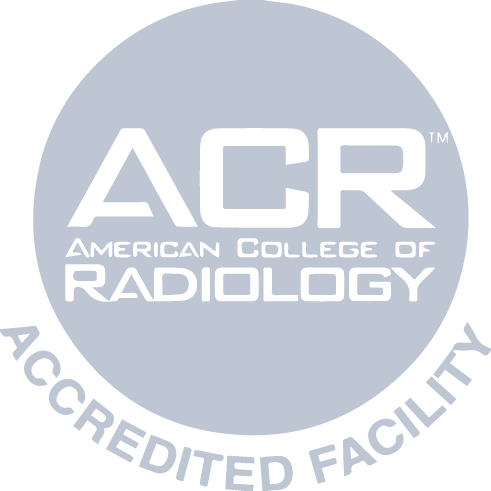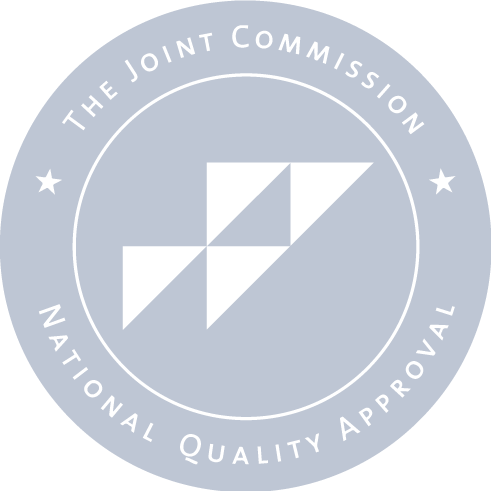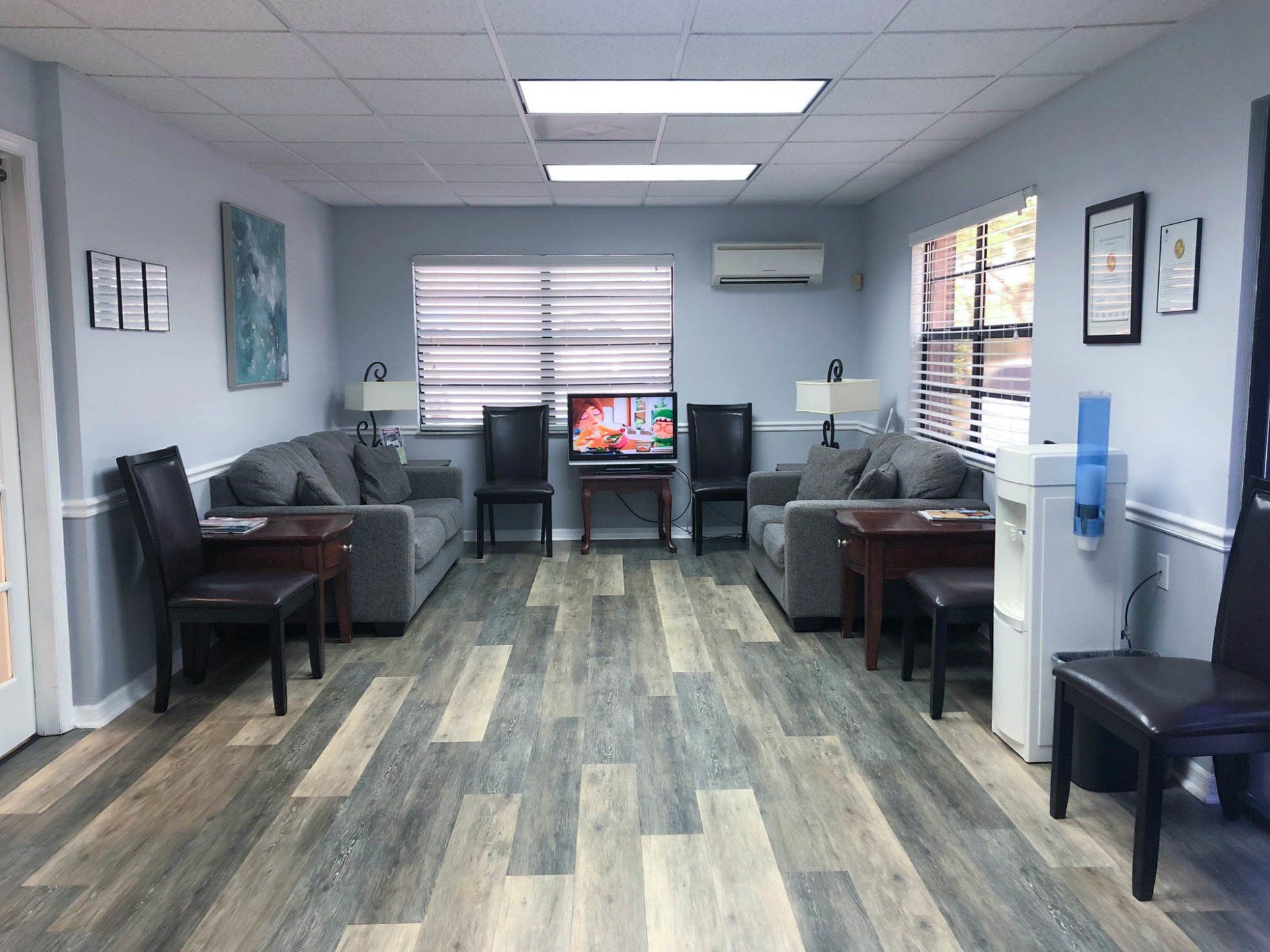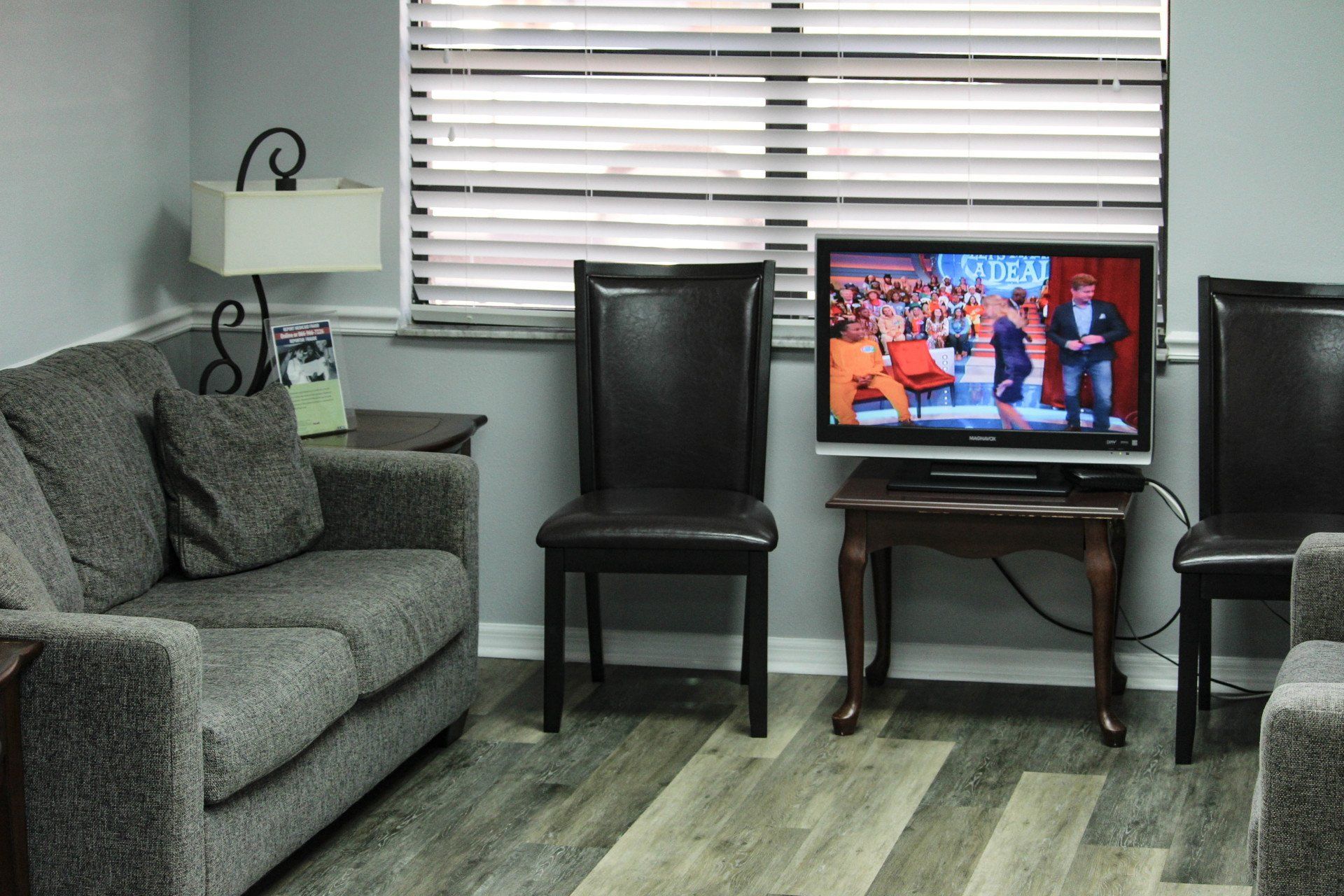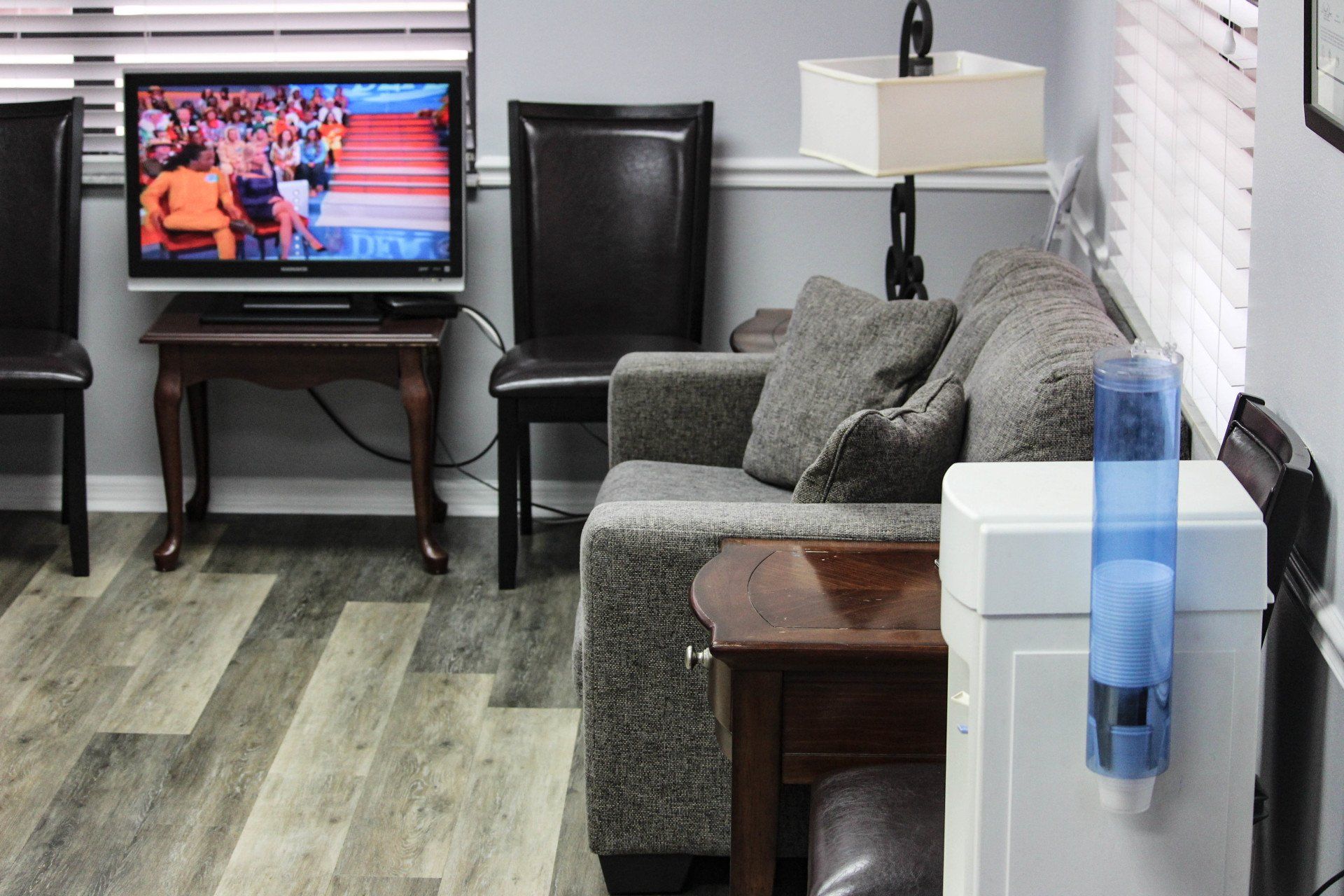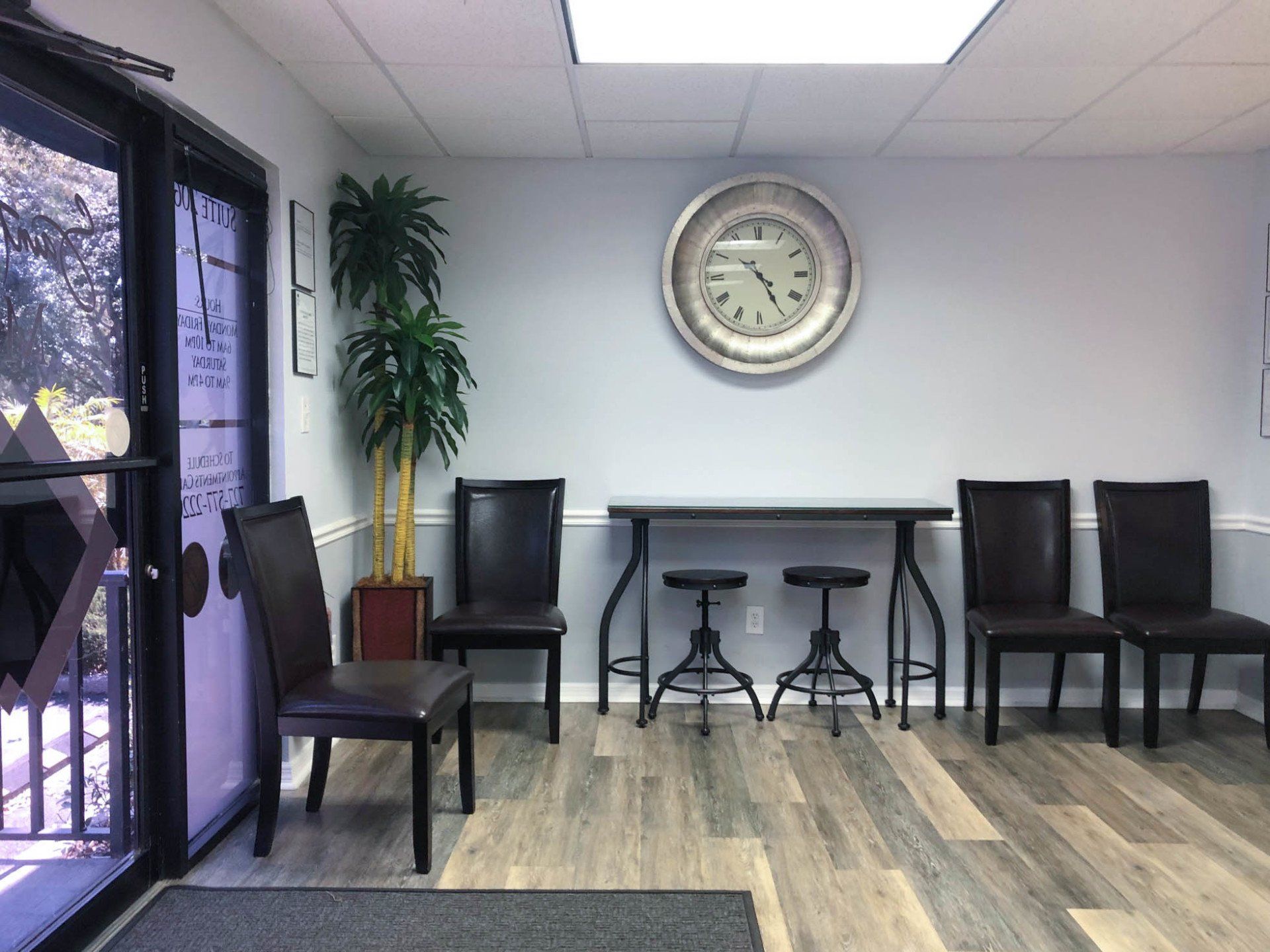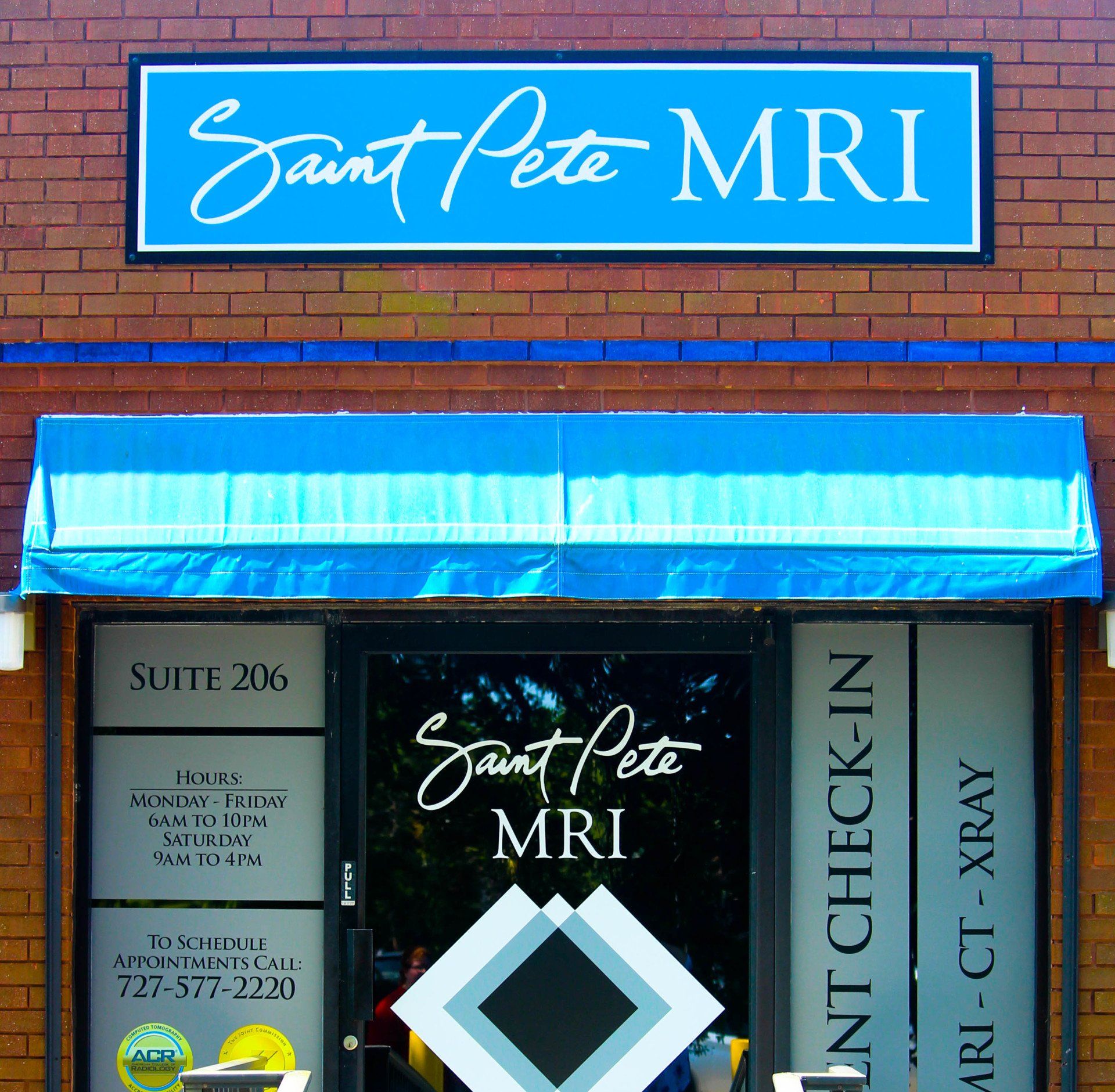Echocardiogram
Echocardiograms in St. Pete, Florida
An echocardiogram (sometimes called a cardiac ultrasound) is a noninvasive test used to create images of the heart. The test uses ultrasound waves to examine the valves, chambers, walls, and blood vessels in and around the heart, and the technologist will take photos of these images as they appear on the screen. You can have your echocardiogram done at Saint Pete MRI and we will send the results to your doctor.
Why your doctor might order an echocardiogram
An echocardiogram is a safe and effective way to get a good look at all of the structures of the heart. There are many reasons why your doctor might have ordered one. Here are some of them:
- You are having symptoms (such as shortness of breath, dizziness, or fatigue) that your doctor thinks might be related to your heart. The test can help diagnose issues causing these symptoms.
- You have a heart condition that requires monitoring. This could include a heart infection, a problem with the valves, or weakness in the heart’s pumping mechanism.
- The doctor suspects a blood clot in one of your heart’s chambers.
- The doctor suspects a tumor or an infectious growth in your heart.
Sometimes, echocardiography is done just one time; other times, a patient will require an echocardiogram at regular intervals.
Remember that these are only a few examples of reasons that a patient might require an echocardiogram in St. Pete. Please talk to your doctor to find out exactly why it has been ordered in your case.
What to expect when you have an echocardiogram in St. Petersburg
When you are having an echocardiogram test, you will not need to prepare at all. You can eat and drink as you normally would, and you should take your regular medications as you usually do.
Upon your arrival, you will be asked to undress from the waist up and put on a gown. This is to keep your clothing clean and to allow easy access to your chest for the ultrasound.
The technologist will place EKG leads on your chest. Wires from the echocardiogram machine will be placed on the pads. You will not feel pain or any sensation other than the stickiness of the pads.
Next, the technologist will squirt gel on a transducer, which looks like a wand. He or she will move the transducer around on your chest, spreading the gel throughout the procedure. The gel will feel warm to the touch but it will not cause any itching, burning, or other unpleasant sensations.
During the test, you will be positioned on your left side. You might be asked to take a deep breath, to hold your breath briefly, or to bear down. You will feel the transducer sliding on your skin and sometimes you might feel pressure. The technologist will be watching the images of your heart on the screen and will occasionally take still photos on the screen. You might hear a whooshing sound; that is your heart beating. Women might find part of the exam slightly uncomfortable if the technologist needs to press on the breast tissue, but it should not be painful. If it is, let the technologist know.
The echocardiogram will take about 30 to 40 minutes to an hour in most cases, but you should allow up to an hour. After the test is over, you will be given towels to remove the gel and the technologist will remove the EKG leads. You will be able to resume your normal activities immediately.
The difference between an echocardiogram and an EKG
Many patients wonder what the difference is between an echocardiogram and an electrocardiogram, which is usually abbreviated as EKG or, occasionally, ECG. While both of these tests are done to assess heart function, they are done differently and have different purposes.
An EKG uses the same sticky electrode patches that the echocardiogram uses. During the test, the EKG machine will record the rhythm of your heart for several seconds. The machine will print out the results (called a strip), and the doctor will be able to determine whether you have had a recent heart attack, whether your heart is enlarged, whether you have an irregular heart rate, or whether there are other signs of heart disease.
An EKG takes about 10 minutes from the time you disrobe until the time that the electrode pads are removed. Also, the EKG has some limitations; the doctor will not be able to see your valves or the other structures of the heart. Many times, it is used in conjunction with an echocardiogram, but it is not a substitute for an echocardiogram.
If you have questions about why you were referred to us for an echocardiogram rather than an EKG, please talk to your doctor about your individual circumstances.
Saint Pete MRI provides echocardiograms to patients with no insurance
Many patients who are referred for an echocardiogram do not have health insurance. While we participate with several insurance companies, we also provide services to those who do not have health coverage. Patients often find that their out-of-pocket expenses are substantially less when they come to Saint Pete MRI rather than having their diagnostic imaging done at a local hospital. Please contact us to find out more about our fees and payment policies.
Common patient concerns about echocardiograms
If this is your first time having an echocardiogram, it is natural that you have some questions about the procedure and about the condition that your doctor is hoping to confirm, rule out, or monitor. Your doctor is the best source of information about these questions, and we encourage you to reach out to him or her to learn more. Here are a few questions that patients commonly have about this procedure:
- Will I be exposed to radiation? No. An echocardiogram creates images with the aid of ultrasound technology, which does not use any type of radiation.
- What are the side effects of echocardiography? There are no side effects. In rare instances, a patient will have some temporary skin irritation from the sticky EKG leads, but there are no side effects from the echocardiogram itself. It is ultrasound that is being used to create the images of your heart, and there is no chance of harm from these sound waves.
- When will my doctor have the results? If you have your echocardiogram done at Saint Pete MRI, your doctor will have the results within two business days of your test.
If you are ready to schedule your echocardiogram, please contact Saint Pete MRI today.

